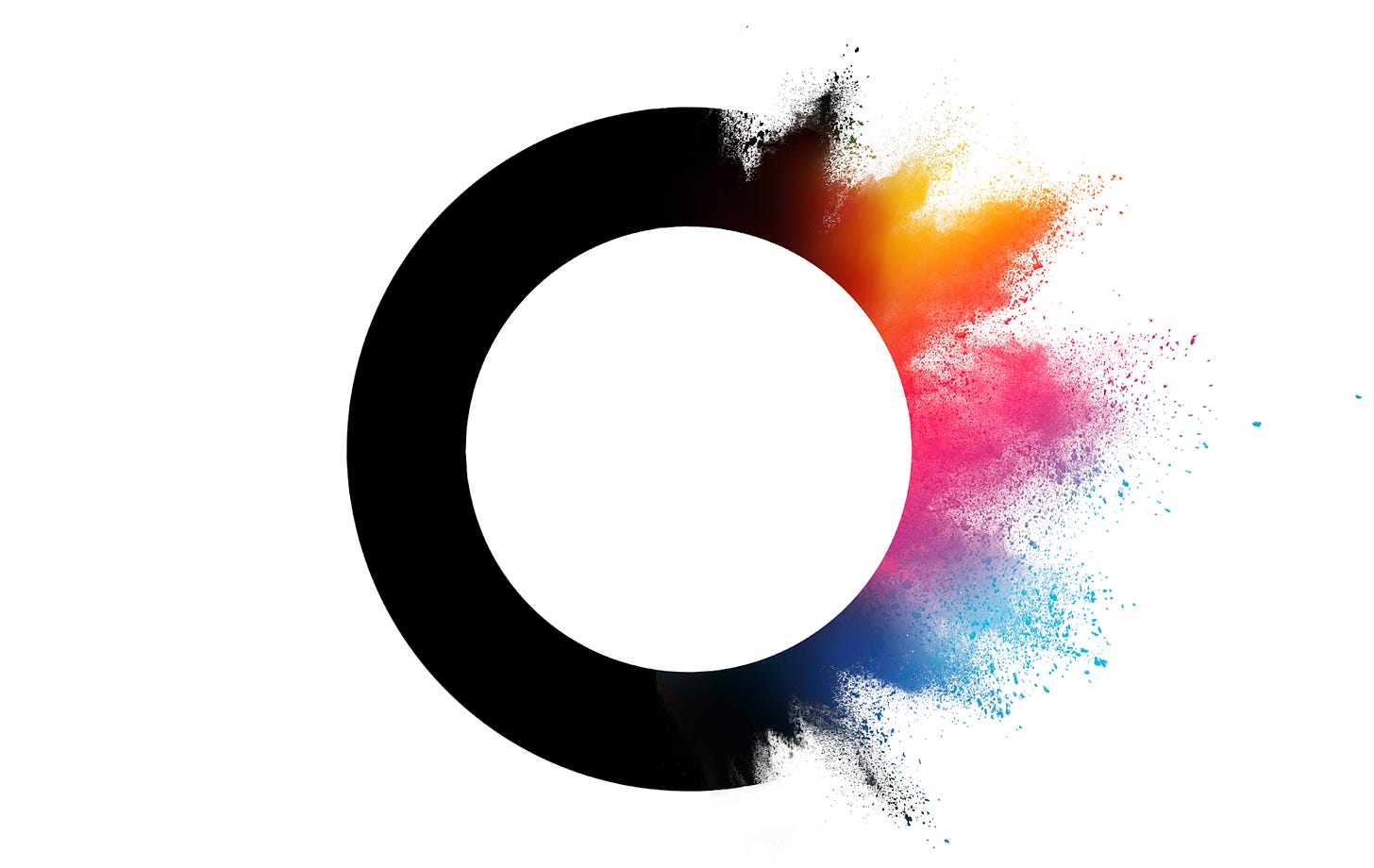Go Time for the Pattern Breakers Podcast
The Pattern Breakers book is now available wherever you buy your books.
Many of you have tuned into the Starting Greatness podcast in previous seasons, and I am deeply grateful for your support.
I am aiming to expand the ambitions of the podcast and have thus renamed it to the Pattern Breakers podcast. If you already subscribe to Starting Greatness it will update your feed automatically.
Michael Seibel: “The Godfounder” Discusses Justin.tv, Twitch, and Y Combinator
For our new season, Michael Seibel was our first guest.
Michael has many colorful tales to match his high-impact career as a startup founder and mentor. In this episode, we talk about the creation of Justin.tv and Twitch, and the wisdom Michael has shared with founders as a partner and managing director at Y Combinator.
Apple: https://apple.co/4aaUce6
Spotify: https://spoti.fi/3Uqxrgr
A few fun highlights:
While at Yale, Michael was “invited to leave for a year” due to bad grades. That year off would prove fateful, as he came back and became best friends with Justin Kan (one of his Justin.tv/Twitch co-founders) in his senior year.
After working on a failed political campaign, he decided to throw caution to the wind and join Justin and Emmett on a roadtrip across the country to San Francisco while he figured out what to do next (they had to sell a few additional belongings to fit him into their Honda Civic).
After turning down Justin the first time he asked him to join as a founder of Justin.tv, he reconsidered and moved back to San Francisco to sleep on the balcony of their shared apartment while they built the company. In Michael’s words: “I remember thinking to myself, when’s the next time your best friend’s going to call you and say ‘let’s start a company?’”
Advice on applying to YC (spoiler: a warm intro to him or other key partners won’t move the needle as much as you might think.)
My biggest takeaway was a reminder of the Most Important Thing
A few years back Michael once asked me, "Can you remember a single company you've worked with that found product-market fit and didn’t succeed?" I couldn't name one. He recalled only one exception, and that was due to massive avoidable legal troubles.
In a startup's early days, achieving product-market fit is the single most important thing. With it, failure becomes nearly impossible. Without it, you can do everything else right and still fail.
Amid the distractions of fundraising, leasing office space, and hiring a team, it's crucial not to lose sight of this. So then, what does it mean to get product-market fit? What are you really after when you're chasing it?
Andy Rachleff, who we’ve mentioned in many posts, is the person who coined the term product-market fit. He poses a pivotal question for those on this quest:
"What can we uniquely offer that people are desperate for?"
In my time, I've learned that a strong answer can greatly increase your chances of success. A weak one tends to underestimate how far you are from the goal.
Michael touched on something related that listener Amit Puri also noted: "The hardest part of achieving product-market fit is not deceiving yourself."
Just today, I saw something on Twitter that spoke to this. Hiten Shah, a friend and host of an excellent new podcast, ran a poll asking, "Founders: Do you have product/market fit?" Of 199 respondents, 19.1% claimed they did. Another 26.6% weren't sure, and 36.7% admitted they didn't. There's no chance that 60% of those who answered are anywhere close to what Michael, Andy or I would call achieving product-market fit. Achieving this goal is far more rare than most admit.
When your startup is in the zero-to-one phase, it's easy to convince yourself you've found product-market fit before you actually have. Your investors might encourage this belief to help you raise more money. Your team, being naturally optimistic, might believe it too. And on many days, you might feel pressured to believe it because you know you can't succeed without it.
But be careful not to lie to yourself.
In an earlier episode where I interviewed Andy Rachleff, we talked about three clear heuristics to avoid this trap. First, a measure of customer delight, like a net promoter score. Second, the presence of exponential organic word of mouth. And third, for B2B startups, progress down the sales learning curve. The important thing is to have unambiguous ways to measure your progress. The noise around you in the fog of uncertainty might otherwise deceive you.
Let me know what you think
I’m interested in people’s thoughts on the new season and ideas for guests and other topics to cover for the Breakthrough Lessons. Please let me know what you think and thanks for listening.







